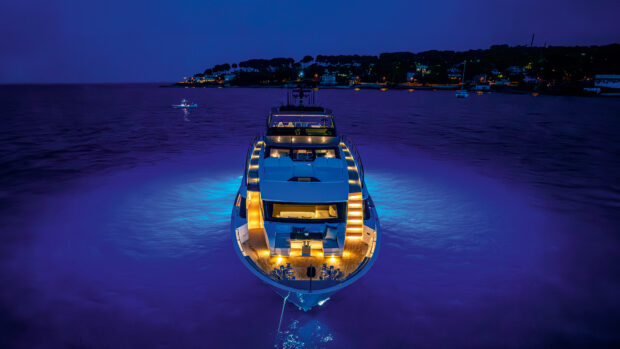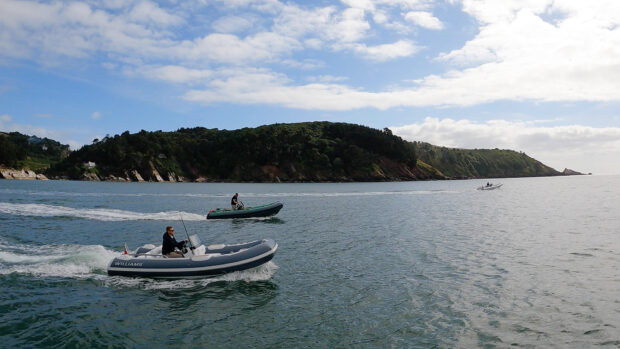Third rate of taxation for leisure boaters 'unlikely'
MBY has learned it is likely that full road duty will be imposed on red diesel.
The news will come as a blow for thousands of owners hoping that the Government would only impose the minimum duty required by the European Commission and create a ‘third level’ of tax specifically for leisure boaters.
Instead, it now looks likely that the worst case scenario will become reality: that the price of waterside diesel will rise to more than £1 per litre.
British Marine Federation chief executive Howard Pridding, who has been working closely with HM Revenue and Customs over the manner of the price increase, spoke to MBY during the London Boat Show.
He has been told that the Government is not keen on the idea of introducing a new level of taxation for leisure boaters.
The Government simply believes such a measure, which would bring the price of red diesel to around 75p per litre, too complicated to be considered seriously.
More likely, Mr Pridding says, is that boaters will have to buy ULSD, or white diesel, as it is sold at the roadside. That would mean red diesel would double in price from around 55p per litre, to more than £1 per litre.
The price increase has been brought about by a European Commission decision in December to refuse to renew a derogation allowing UK leisure boaters the right to use low-duty red diesel.
In the confusion following the announcement, some radio news programmes and Channel 4 television predicted that the EC decision would see red diesel gone by the middle of this year.
Mr Pridding says this is wrong. The new pricing structure would be impossible to introduce before June 2007, and far more likely is that the matter will still not be finalised come 2008.
Officials from HM Revenue and Customs refuse to rule out the loss of red diesel this year, but they give the impression that it is unlikely, according to Mr Pridding.
The BMF chief executive, who has worked tirelessly with the Royal Yachting Association’s Neil Northmore to secure the future of red diesel for the past two years, also shed light on how the bureaucratic process would work.
Firstly, officials will work out a draft proposal for how the new price could be introduced.
Then, the proposal will be put out to public consultation, with private boaters and all across the marine industry invited to comment.
Once the responses have been taken into account and a final measure drawn up, it will be announced in Parliament, probably in a pre-budget report.
Finally, the new law must be passed by the Commons and Lords.
Mr Pridding says the impression he has is that the UK Government will take time to get it right, but he points out that they cannot be seen to be dragging their feet. If the European Commission feel the UK is deliberately stringing the matter out, they can start infraction procedures – something which the UK Government would not allow to happen.









